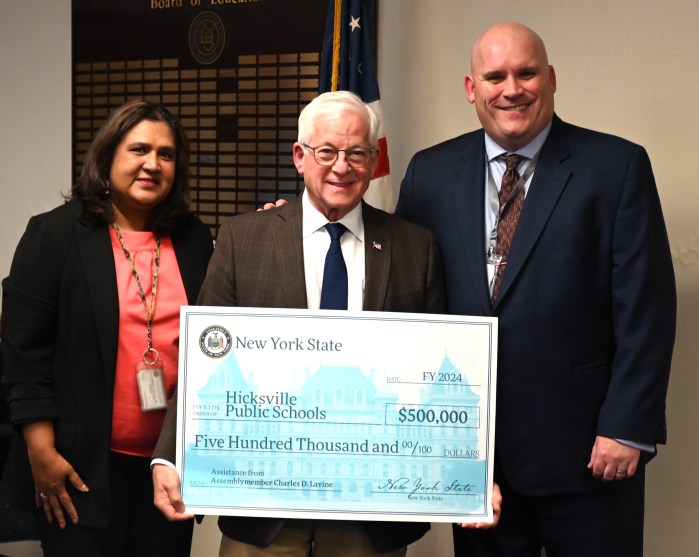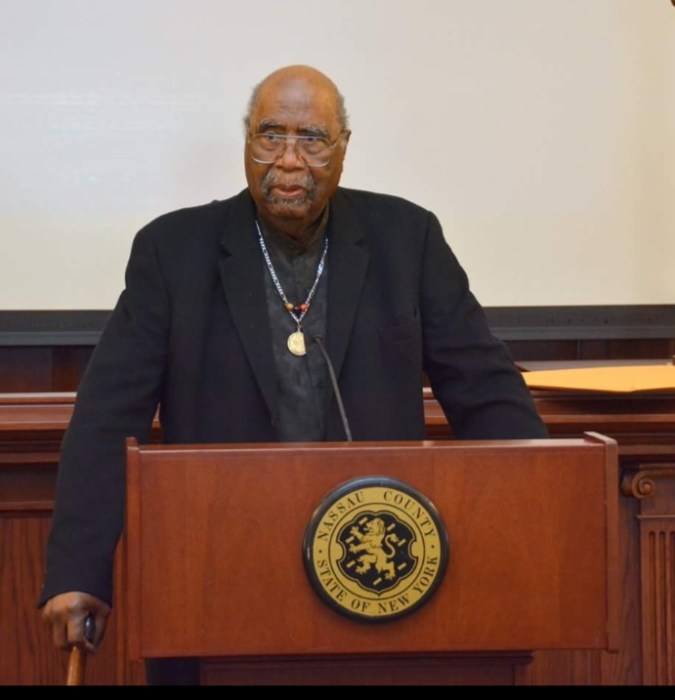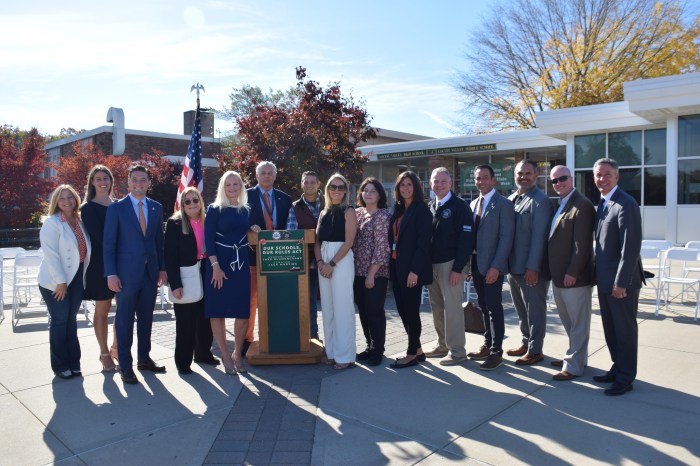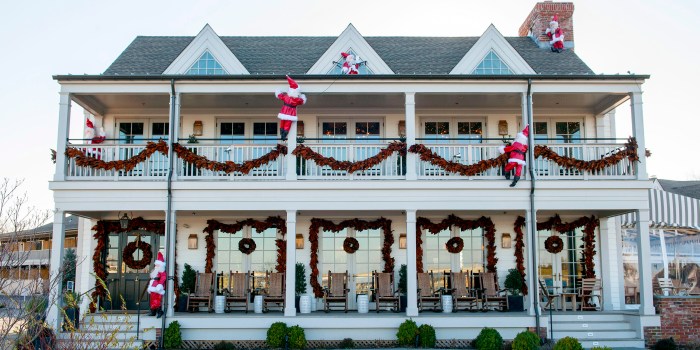Chaminade High School senior Vincenzo Montoni, a senior member of the high school’s crew team, will be rowing at Princeton next year. Recently, Montoni answered some questions from the Mineola American about what made him interested in rowing, his college plans and more.
Q: What made you become interested in rowing in the first place?
A: I did not become familiar with the sport until the summer of 2016, right before my freshman year at Chaminade. Up until that point in my life, baseball was the sport I devoted my time to. I was committed to a pretty serious travel team that played during the spring, summer, and fall, but that summer, what felt like tragedy struck. I suffered a minor fracture in the growth plate in my right arm and couldn’t throw. I was out for the season. This led me to change my summer plans from Chaminade Baseball Camp to Chaminade Crew Camp. Of course, my parents had concerns about me re-injuring my arm. Thankfully, coach Fitzgibbon assured my hyper-concerned mother that the steady strokes we would be taking wouldn’t aggravate my injury. From time to time, he even let me steer, or in rowing terms, cox the boat.
When I first started, I was absolutely awful and certainly quite discouraged. But after working hard all week and participating in and winning my boat’s first sprint race on the final day of the camp, I immediately felt a strong love for the sport. I remember waiting for everyone to get off the bus when it returned to Chaminade so I could speak to Coach Fitzgibbon privately about what I had to do to make the team, what I could do to improve my erg time and when tryouts were. I worked hard the rest of the summer with dreams of making the freshman crew team. From there, the rest is pretty much history.
Q: What is different from your first year compared to this year for you for rowing?
A: As a freshman, I was insecure, nervous and scared that I wasn’t going to make the team. Once I did, I felt those same fears, only this time that I wouldn’t make the “A” boat or even any boat at all. I know my friends felt the same way. Being new to the sport and the team, it was difficult to find a place to fit in.
Now, I consider my teammates as brothers, and many of us have been together for eight seasons. Rowing with these guys through grueling practices and exhilarating races over the past four years has formed an unbreakable bond between us. The ability to know that the guy in front of you, or behind you, is willing to sacrifice every ounce of pain and every muscle in his body for the team, for you, and for victory is an extraordinary formula for brotherhood.
I recall how young and small I felt as a freshman and how much the seniors inspired me and went out of their way to be genuinely nice, and I seek to pay that forward for the remainder of this year. Because of that, I’ve embraced the role of a leader more and more as the year has progressed. I try my best to help serve as a mentor or a guiding light for freshmen on the team who are possibly struggling to adapt to crew or need a little more inspiration, encouragement, or recognition to keep them going.
Q: How do you build up stamina for races?
A: It is definitely a long process to build up stamina. It requires many long steady state pieces and a lot of high intensity, short paced sprints combined with weight training at least three times a week, as well as hard work on the water. When we’re not on the water, we supplement our training plan with running.
Q: What are your college plans?
A: I’ll be attending Princeton University in the fall and plan on joining their Crew Team. I’m planning on majoring in Neuroscience with a minor in English.
Q: What is the best advice you’ve ever received in terms of rowing?
A: “A minute of pain is better than a lifetime of regret.”
This piece of advice was supplied by Chaminade Head Crew Coach Lawrence Moebius last year right before we went out for our race at Scholastic Rowing Association of America (SRAA) nationals. It captures so perfectly the entire essence of the sport. Rowing is a sport marked by intense and often excruciating pain, which is easy to succumb to; However, to give in to that pain would be failure— not just failure for yourself but for your whole team. I have felt no greater feeling of regret in this sport than when I felt I gave in to the sharp pain of a hard piece on the water or when I mentally lapsed and failed to complete an erg test. Regret completely disappears when I push my body to my limit and grind out a long, difficult row. Even though I don’t always win, or succeed, the mere knowledge that I gave the piece all that I had gives me happiness in spite of failure, as well as a willingness to pick myself up, work harder, and battle again the next day. Regret, however, stings permanently. It’s not easily overcome, but there is no greater feeling than total dedication and sacrifice transformed into exuberant triumph. That feeling is why I row.






























